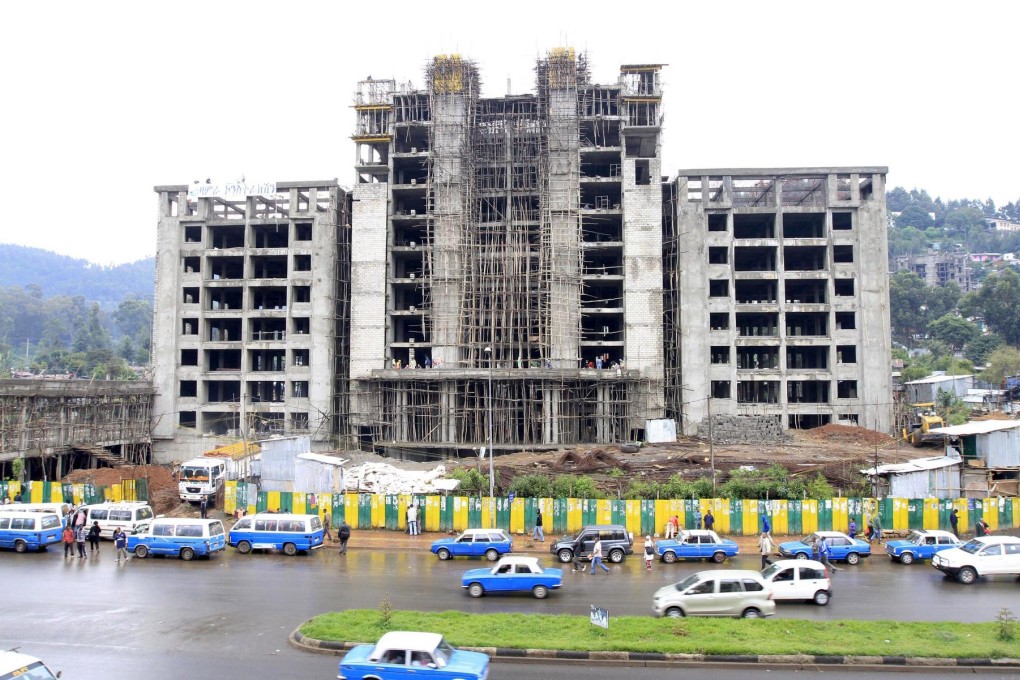New | Ethiopia struggles to meet soaring property demand in nation's capital

A property boom in Ethiopia's capital is putting pressure on the government to keep homes affordable for some of Africa's poorest people who live in one of its fastest-growing economies.
Smart flats and hotels in mirror-glass buildings rise up in areas of Addis Ababa where shacks once stood. A new metro snakes through a city where an emerging middle class is snapping up new homes, but waiting lists for cheap state-built homes grow.
This is a challenge for the government whose huge, state-led investments in infrastructure have sucked in financing from heavily regulated banks, driving up economic growth but leaving little capital to spur on private developers who could help meet the shortfall in housing.
"This house and flat business is booming. If I had enough money, I would buy more," said businessman Seife Tefera, who bought a flat for US$83,000, paid for in two cash instalments.
Paying that kind of sum is only possible for a tiny portion of the population of Ethiopia, a country ravaged by communist purges in the 1970s and famine in the 1980s.
The economy may boast double-digit growth now, but average income per capita in the nation of 96 million people is still about US$470 a year, below the sub-Saharan African average.
Across Africa, rising wealth and an expanding middle class have fuelled demand for new homes as well as stoking property prices. But there are few parallels to Ethiopia's state interventionist approach and its control over how banks lend their money.